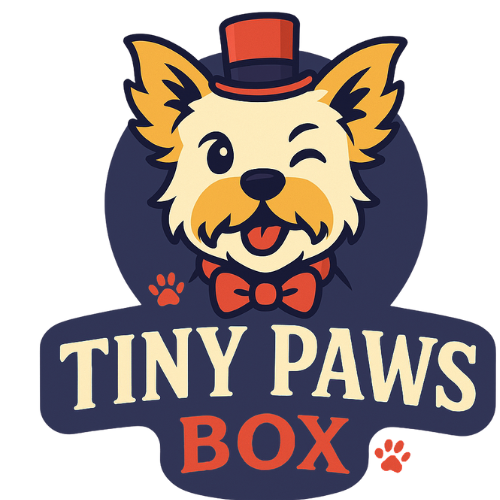1. Health and Nutrition
- Balanced Diet: Toy breeds have fast metabolisms and can be prone to hypoglycemia. Feed them high-quality, small-breed dog food that's rich in protein and fat.
- Regular Vet Visits: Small dogs are prone to dental issues, luxating patellas, and heart problems. Regular check-ups can catch these issues early.
- Watch Their Weight: Overfeeding can lead to obesity, which is particularly harmful to small dogs. Monitor their food intake and maintain a healthy weight.
2. Exercise and Play
- Appropriate Exercise: While toy breeds don't need as much exercise as larger dogs, they still require daily walks and playtime. Mental stimulation is also crucial to keep them happy and prevent boredom.
- Safe Toys: Choose toys that are appropriate for their size. Avoid toys with small parts that can be swallowed or cause choking.
3. Training and Socialization
- Early Socialization: Expose your dog to various people, places, and other animals early on. This helps them become well-adjusted and less prone to anxiety.
- Positive Reinforcement: Use treats and praise to reward good behavior. Toy breeds respond well to positive reinforcement and can be sensitive to harsh training methods.
4. Safety and Environment
- Safe Spaces: Create a safe environment at home. Small dogs can get hurt jumping off furniture or getting underfoot. Consider using pet stairs or ramps.
- Temperature Sensitivity: Toy breeds can be more susceptible to extreme temperatures. Ensure they are warm in the winter and cool in the summer.
5. Grooming and Care
- Regular Grooming: Many toy breeds require regular grooming to keep their coats clean and free of mats. Regular brushing and occasional professional grooming can help maintain their coat.
- Dental Care: Due to their small mouths, toy breeds are prone to dental problems. Brush their teeth regularly and provide dental treats or toys.
6. Mental Health and Companionship
- Companionship: Toy breeds are often very attached to their owners and can suffer from separation anxiety. Ensure they have plenty of companionship and don't leave them alone for extended periods.
- Mental Stimulation: Provide puzzle toys, training sessions, and interactive games to keep their minds sharp and engaged.
Owning a toy breed dog comes with specific responsibilities and rewards. By paying attention to their unique needs, from health and nutrition to safety and companionship, you can ensure a happy, healthy life for your small but mighty friend.

